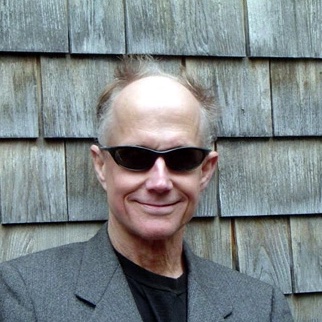There is no single particular noun
for the way a friendship,
stretched over time, grows thin,
then one day snaps with a popping sound.
No verb for accidentally
breaking a thing
while trying to get it open
—a marriage, for example.
No particular phrase for
losing a book
in the middle of reading it,
and therefore never learning the end.
There is no expression, in English, at least,
for avoiding the sight
of your own body in the mirror,
for disliking the touch
of the afternoon sun,
for walking into the flatlands and dust
that stretch out before you
after your adventures are done.
No adjective for gradually speaking less and less,
because you have stopped being able
to say the one thing that would
break your life loose from its grip.
Certainly no name that one can imagine
for the aspen tree outside the kitchen window,
in spade-shaped leaves
spinning on their stems,
working themselves into
a pale-green, vegetable blur.
No word for waking up one morning
and looking around,
because the mysterious spirit
that drives all things
seems to have returned,
and is on your side again.
Published:
2015
Length:
Regular
Literary Movements:
Contemporary
Anthology Years:
2023
Themes:
Faith & Hope
Friendship
Nature
Poems of the Everyday
Literary Devices:
Extended Metaphor
a metaphor that extends through several lines or even an entire poem
Slant Rhyme
A rhyme where the words have similar sounds in their stressed syllables.

